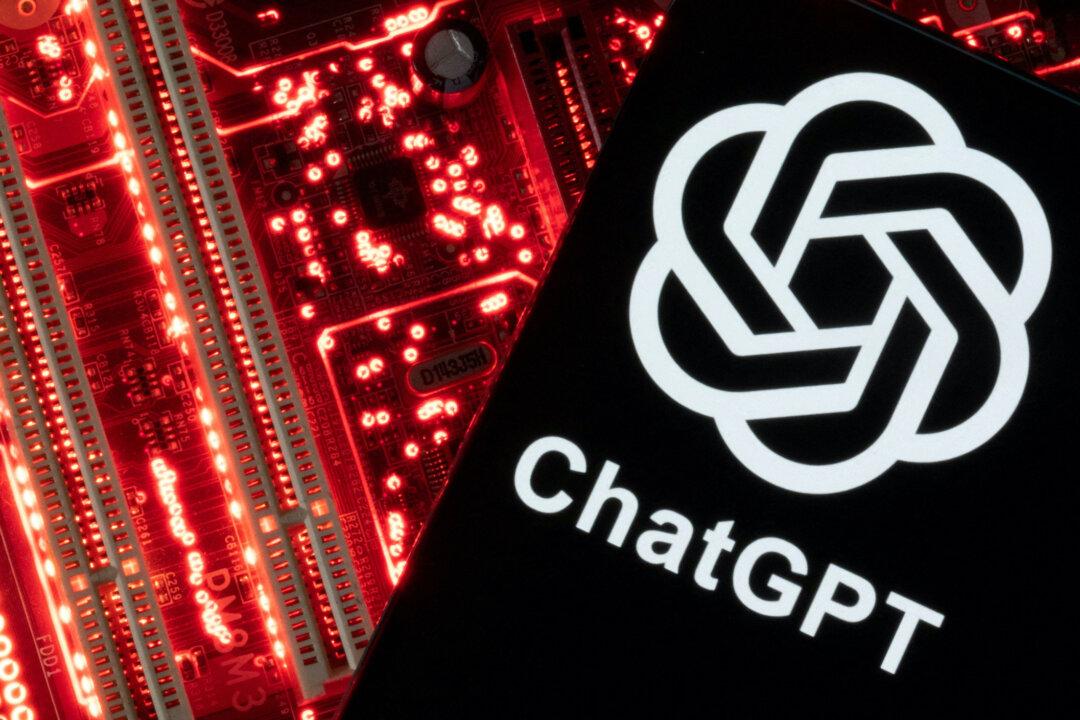As the education sector grapples with the impacts of ChatGPT—an Artificial Intelligence (AI) chatbox—one university in Australia’s Group of Eight has introduced a new detection tool that can help teachers identify any unauthorised use of AI in student submissions.
In a student notice published on April 11, the University of New South Wales (UNSW) said the AI detection software would provide teachers with the percentage of AI-generated text and highlight the relevant passages.




